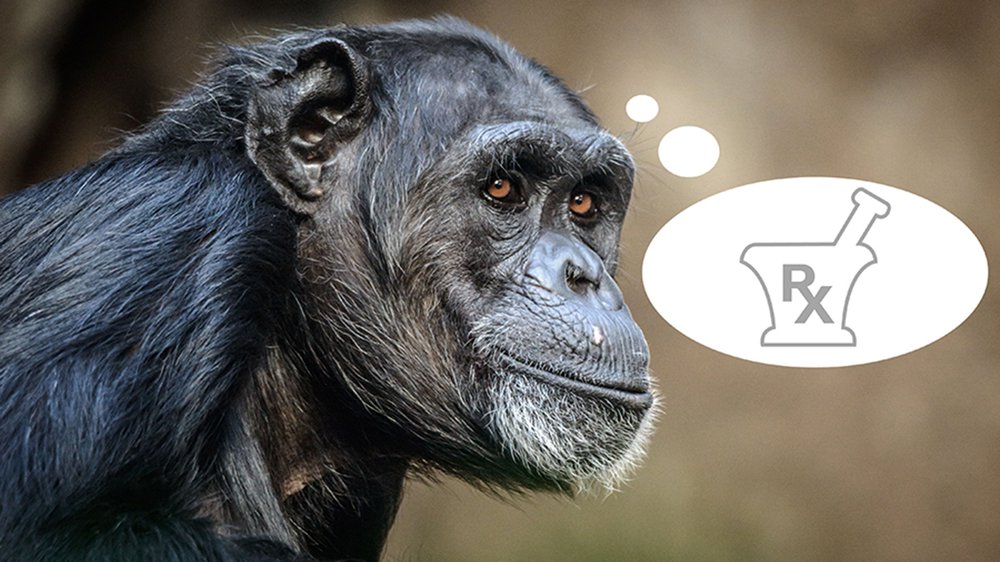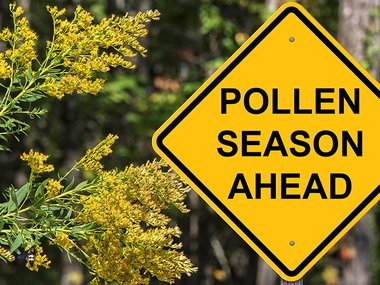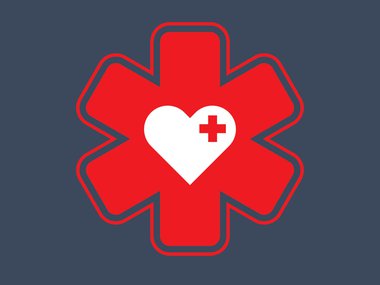Question Your World: Do Animals Regularly Need Medicine Like Humans Do?
It seems like everywhere you look right now, all the news is about the vaccine. As humanity races toward a vaccine for the coronavirus, it’s upholding a tradition shared by many members of our extended family. Wait, does that mean other animals have also been known to explore medical intervention? Do animals regularly need medicine like humans do?
The use of medical intervention is handy for us in many situations like, let’s say a pandemic! But medical interventions are used more commonly, like for headaches and other frequent bouts of illness. This applies to well beyond humans, too. Our planet is full of living things that are very much interested in their own wellbeing and will engage in some pretty remarkable activities to benefit their own health.
A recent study showed that a very distant relative of ours on the old family tree, the russet sparrow, also uses medical intervention. Researchers recently conducted an experiment and observed that these sparrows preferred nest locations close to wormwood access, and that lining their nests with wormwood leaves prevented parasites and led to hatching healthier baby chicks. It’s possible that they simply prefer the smell of the leaves, and don’t actually realize they help with parasites, but the chicks raised in wormwood-decorated nests were healthier, so this behavior perpetuates generations of wormwood-leaf-smell-enjoying chicks that continue to have less parasitic nests thanks to the intervention of some natural medicine.
There’s a term for this actually: zoopharmocognosy. That basically translates to drug-knowing animal! (Side note: that's an excellent band name. Just saying.)

Looking for medicine is actually quite common across the animal kingdom. For example, perhaps you’ve seen dogs eating grass. That’s them trying to soothe a belly ache and expedite the removal of bacteria via vomiting (or from the other end!). Wooly spider monkeys consume a certain plant to increase or decrease fertility chances. Many animals eat clay to aid in digestion while killing bacteria. Pregnant elephants in Kenya consume leaves to induce delivery. Chimpanzees, bonobos, gorillas and baboons have all been observed eating specific fruits and leaves that are distasteful but control parasites or have antimicrobial properties. Also, literally our closest relatives ever, the Neanderthals, chewed on poplar tree bark to soothe pains because it’s a good source of salicylic acid, the active ingredient in aspirin.
A similar line of thinking can be applied to other aspects of life, too. Many animals use tools. Animals can sing. Some are known to make art. Some are very self aware. They're known to be remarkable parents. We certainly share our planet with some amazing members of the greater family tree. So, as we head toward more vaccine news, let's keep in mind that enacting medical intervention for health and wellness is not a strictly human trait. Keeping glued to the media for the most up-to-date news as scientists race for a vaccine ... yep, now that’s definitely all human!
The Museum is hard at work helping you to discover your world despite dramatically reduced financial resources. If you'd like to help us continue this work, click here to learn how.


